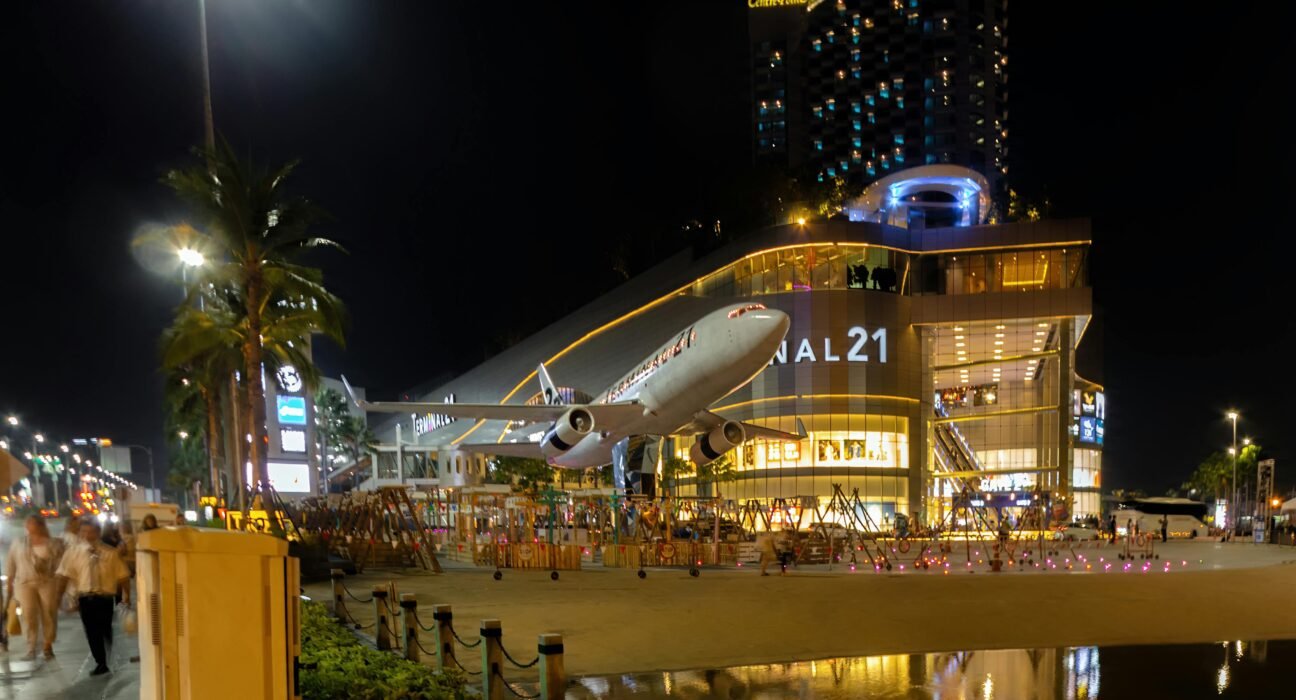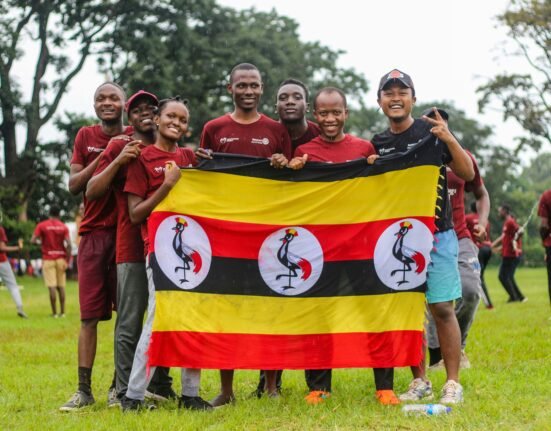Multi-Agency Raid Uncovers Criminal Nexus in Central Pattaya
In a significant law enforcement operation, Thai authorities raided a luxury apartment building in central Pattaya on June 17, uncovering a web of illegal gambling, labour violations, and cybercrime. The Holiday complex on Soi Paniad Chang, an eight-storey building once known for its upscale lodgings, was exposed as a covert criminal hub involving over 50 foreign nationals.
The coordinated early-morning raid was led by units from the Chon Buri Immigration Bureau, Mueang Pattaya Police Station, and the Pattaya Administrative Office, involving more than 50 officers. The authorities had placed the building under surveillance after it was linked to a previous firearms incident. Intelligence revealed ongoing suspicious activity, prompting a full-scale operation.
Illegal Casino Operation and Sex Work on Premises
On the second floor, police discovered a makeshift illegal casino where 20 foreigners—primarily from China, Vietnam, and Singapore—were caught gambling. Items seized included playing cards, casino chips valued at over THB 1 million (approx. US$27,000), and other gaming equipment. Those involved now face prosecution under Thailand’s Gambling Act B.E. 2478, which prohibits nearly all forms of gambling in the kingdom and carries heavy fines and potential imprisonment.
The middle floors functioned as residential areas and housed a luxury karaoke bar that had allegedly been operating as a front for illegal sexual services. Twenty-four Chinese nationals, many of them bar staff or sex workers, were arrested for working without permits and violating Thailand’s labour and immigration laws.
Cybercrime Ring Busted on Top Floor
Perhaps the most alarming discovery was on the top floor, where a call centre scam operation was in full swing. Six Chinese nationals were arrested for conducting ransomware and fraud operations targeting Chinese citizens. Authorities confiscated laptops, smartphones, and hard drives used in digital extortion schemes. According to initial forensic analysis, the suspects were involved in cyber-ransom and voice phishing schemes that netted thousands of dollars from victims abroad.
If convicted, the cybercriminals face up to seven years in prison and a fine of THB 140,000 (approx. US$3,800) under Thailand’s Computer Crime Act and Penal Code provisions on transnational fraud.
Implications and Broader Crackdown on Transnational Crime
The Holiday complex has emerged as a case study in the growing convergence of physical and digital crime in Southeast Asia. The multi-purpose criminal enterprise highlights how transnational networks exploit luxury infrastructure to mask illegal operations—from gambling and trafficking to cyber scams.
Thailand has become increasingly vigilant about cross-border criminal syndicates, particularly in tourist-heavy areas like Pattaya, where high-rise buildings and nightlife hubs provide cover for illicit activities. This raid sends a strong signal that authorities are ramping up enforcement efforts against such operations.
Authorities are now working with foreign embassies and immigration enforcement agencies to process deportation and further charges against those involved. Investigations are ongoing, with more arrests and asset seizures likely in the days ahead.
Conclusion
The Pattaya raid underscores Thailand’s commitment to tackling organized international crime, particularly in regions vulnerable to exploitation by foreign syndicates. With arrests spanning gambling, immigration breaches, illegal employment, and cybercrime, the operation marks a pivotal moment in the country’s effort to clean up its tourism and business sectors. Further legal proceedings and diplomatic coordination are expected as Thai officials continue to unravel the full scope of the network.























